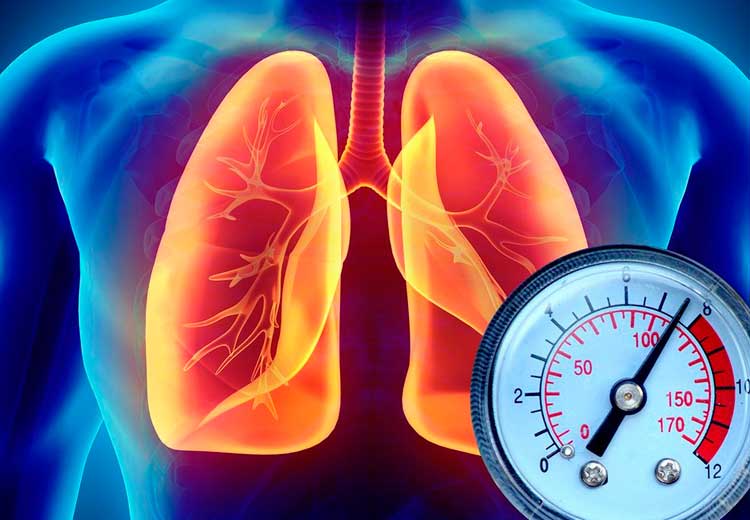
What is hypertension?
The pathology of the cardiovascular system, characterized by high blood pressure, is called hypertension. Cardiologists, internists, neurologists, and nephrologists treat this disease.
Hypertension or hypertension is a persistent increase in blood pressure. A temporary increase in blood pressure is observed in people with physical exertion, stress, and other conditions to which the cardiovascular system adapts. A person suffering from hypertension has a constant increase in blood pressure. The characteristic symptoms of pathology include headache, shortness of breath, chest pain and palpable pulsation in the temples. Without treatment, chronic hypertension can be complicated by diseases of the heart, kidneys, brain, and other organs.
The treatment of this disease is engaged in:
Cardiologist
Therapist
Blood pressure is caused by the movement of blood through the vessels. At the moment of contraction of the heart, there is an increase in blood pressure (systolic index), and at the moment of relaxation of the organ, there is a decrease in blood pressure (diastolic index). Hypertension is one of the most common disorders of the cardiovascular system. This may be an independent pathology or a consequence of diseases of the kidneys, adrenal glands and other organs. Hypertension is most often diagnosed in men and women over 65 years of age.
Symptoms of hypertension
The manifestations of hypertension depend on the degree of increase in blood pressure and the cause of the pathology. Changes in blood pressure can negatively affect any organs, but first of all, patients have disorders of the nervous system and kidneys. In people suffering from hypertension, increased blood pressure may occur sporadically, and the rest of the time the unpleasant symptoms disappear.
Symptoms and signs:
Dizziness and headaches;
A feeling of pulsation in different parts of the body, such as the back of the head and temples;
Feeling of “fog in the head”, decreased visual acuity;
Tinnitus and audible heartbeat;
Insomnia and fatigue;
Loss of appetite and nausea;
Squeezing pains in the chest;
Shortness of breath at rest and during light physical exertion;
Increased sweating;
Redness of the face;
Swelling of the hands and face.
Other symptoms depend on the causes and complications of hypertension. These may be symptoms of brain dysfunction, visual impairment, or pathology of another organ.
Causes of hypertension
Cardiologists distinguish primary (essential) hypertension, which is detected in most cases, and secondary hypertension, which occurs as a complication of other diseases. Doctors consider obesity, chronic stress, unfavorable heredity, atherosclerosis, bad habits and an improper diet to be risk factors for the development of the disease. Increased blood pressure can occur due to vasoconstriction, dysregulation of the cardiovascular system, hormonal changes, and other factors.
Other reasons:
Diseases of the kidneys and adrenal glands. The functions of these organs play an important role in the regulation of the cardiovascular system. Secondary hypertension can develop against the background of chronic pyelonephritis, glomerulonephritis, adrenal gland tumors and other pathologies.;
Diseases of the thyroid gland. This organ secretes hormones necessary for the regulation of vital functions of the body.;
Diseases of metabolism and blood, such as diabetes mellitus, hyperlipidemia and atherosclerosis;